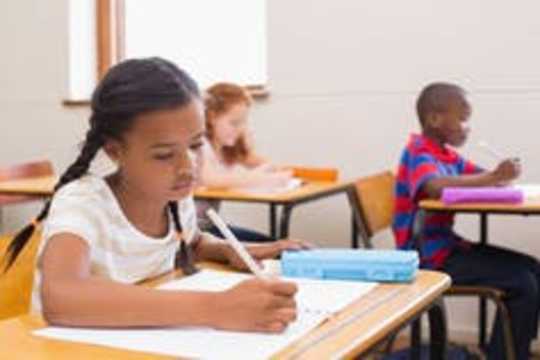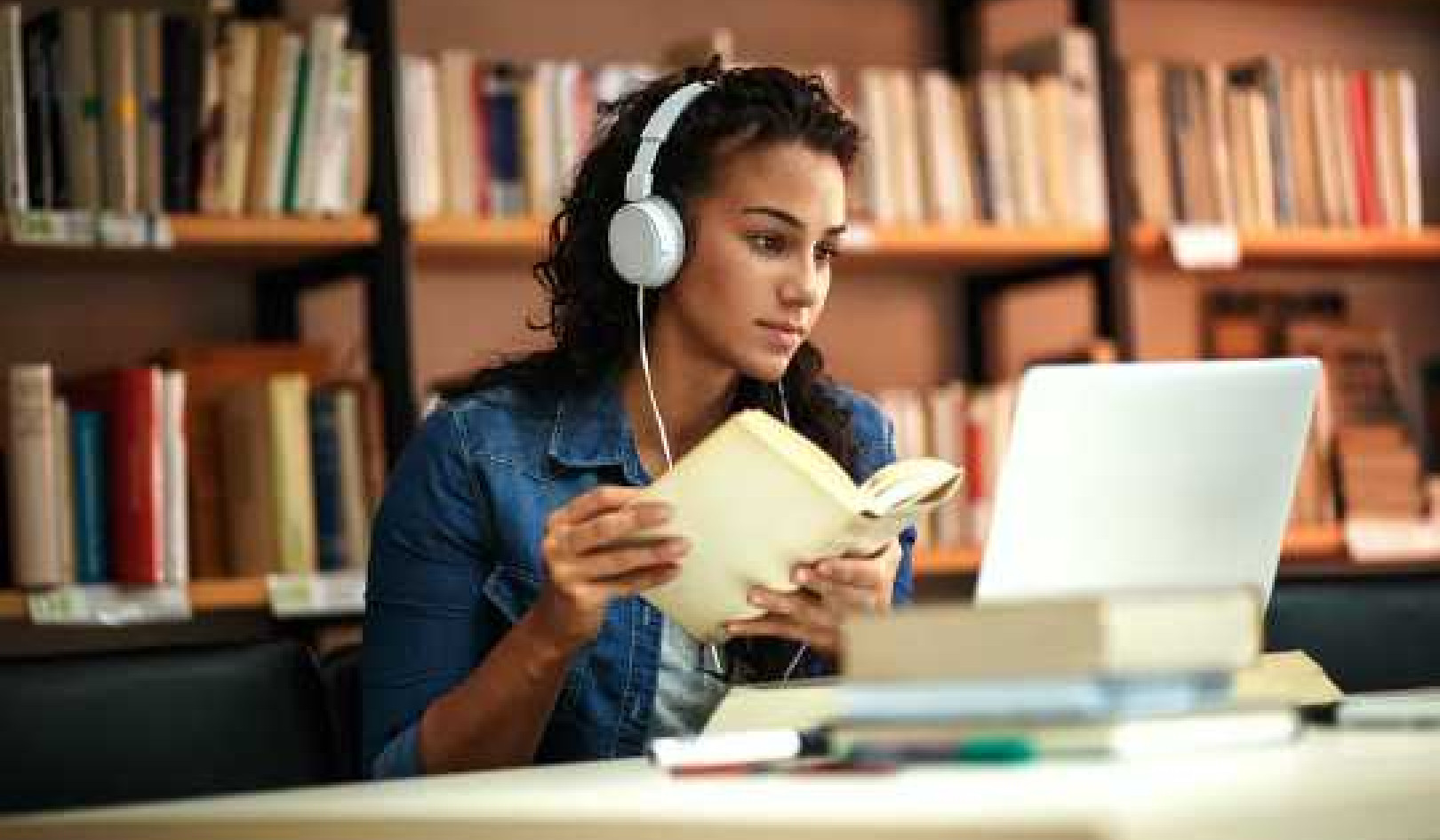As the use of mindfulness has increased globally, its importance in education has also been recognised. Though it is not yet on any curriculum, it is being used in schools around the world to improve pupils’ well-being, mental health, social and emotional learning, concentration and cognition. Many schools are now enrolling their teachers on mindfulness courses too, so that they can eventually teach these skills to their pupils, without relying on external specialists.
Teaching mindfulness to teachers not only gives them the skills and knowledge to progress onto further courses to be able to teach it to children, but it may also have the added benefit of improving their own well-being. And, as better teacher well-being is associated with better pupil well-being, there are clear wider benefits to them learning it too.
In the UK, teachers usually either learn about mindfulness by taking a more traditional Mindfulness Based Stress Reduction (MBSR) course, or by taking a .b Foundations course. A number of research studies have already shown MBSR to be beneficial for reducing stress and improving quality of life. Courses like .b Foundations meanwhile have been adapted from MBSR, and developed to specifically teach mindfulness to school teachers.
The styles of the two courses are quite different – .b Foundations consist of eight 90 minute sessions as opposed to eight two hour sessions, with no silent practice day. It can take more of a interactive classroom style approach, including optional slide presentations and includes reference to the neuroscience underpinning the mindfulness.
Stress reduction
For our recently published study, which involved 44 teachers from UK primary and secondary schools, we decided to find out how teachers’ mental health and well-being benefits from different mindfulness courses, and what they think about them. We did questionnaires on stress and depression levels and interviewed a sample of the teachers who had taken the courses on their experiences.

A less stressful classroom is better for both children and teachers. wavebreakmedia/Shutterstock
We found that both courses reduced the teachers’ anxiety and stress, with MBSR having the added benefit of reducing their symptoms of depression. The majority felt that the course made them calmer, more aware and less reactive, which was also believed to roll over into their teaching. As one said:
I’m so much calmer and … more patient with the children in my class
However, some felt that mindfulness was just another approach of managing stress rather than addressing the root causes of the stress. One teacher said, “we’re putting a band aid on a bullet hole. If you want people to genuinely feel happier in our society, then you genuinely have to change it, from the bottom up”. So while mindfulness may be highly beneficial for some dealing with stress, higher-level policy and action to improve teaching and address stress causes is desperately needed.
‘Airy fairy’ attitudes
Another key point raised by all of the teachers concerned attitudes towards and beliefs about mindfulness. Many thought that mindfulness was widely seen as “hippy”, “fluffy” and “airy fairy”. We heard comments such as “they all thought I’d cracked” in several interviews. These attitudes and beliefs as to what mindfulness is and what it entails could not only act as a barrier to teachers engaging with it, but may influence how their pupils see it too.
Some teachers did tell us, however, that once they attended the course, their initial “cynical” attitudes changed. They also suggested focusing on the evidence and science behind the approach, and possibly changing the name of the course, so that it didn’t mention mindfulness, to help breakdown some of these barriers and encourage greater attendance. This is in fact what the .b foundations teacher-focused course does.
Ultimately our research has shown that it does not really matter which course teachers attend, they can personally benefit from mindfulness education. And this also has potential to improve the classroom environment and hopefully pupil well-being too. However, this research has also highlighted a number of barriers which may exist and need to be taken into consideration. The root causes of teacher stress must be addressed alongside giving teachers tools to deal with it.
As schools focus more and more on improving child health and well-being, it is an absolute necessity that teacher well-being does not get neglected. Ignoring this would be counterproductive to improving child well-being.![]()
About The Authors
Charlotte Todd, Research Assistant in Child Health and Well-being, Swansea University; Helen Davies, Honorary Lecturer, Swansea University, and Sinead Brophy, Professor in Public Health Data Science, Swansea University
This article is republished from The Conversation under a Creative Commons license. Read the original article.

Related Books:
Here are 5 non-fiction books on parenting that are currently Best Sellers on Amazon.com:The Whole-Brain Child: 12 Revolutionary Strategies to Nurture Your Child's Developing Mind
by Daniel J. Siegel and Tina Payne Bryson
This book provides practical strategies for parents to help their children develop emotional intelligence, self-regulation, and resilience using insights from neuroscience.
Click for more info or to order
No-Drama Discipline: The Whole-Brain Way to Calm the Chaos and Nurture Your Child's Developing Mind
by Daniel J. Siegel and Tina Payne Bryson
The authors of The Whole-Brain Child offer guidance for parents to discipline their children in a way that promotes emotional regulation, problem-solving, and empathy.
Click for more info or to order
How to Talk So Kids Will Listen & Listen So Kids Will Talk
by Adele Faber and Elaine Mazlish
This classic book provides practical communication techniques for parents to connect with their children and foster cooperation and respect.
Click for more info or to order
The Montessori Toddler: A Parent's Guide to Raising a Curious and Responsible Human Being
by Simone Davies
This guide offers insights and strategies for parents to implement Montessori principles at home and foster their toddler's natural curiosity, independence, and love of learning.
Click for more info or to order
Peaceful Parent, Happy Kids: How to Stop Yelling and Start Connecting
by Dr. Laura Markham
This book offers practical guidance for parents to shift their mindset and communication style to foster connection, empathy, and cooperation with their children.


























